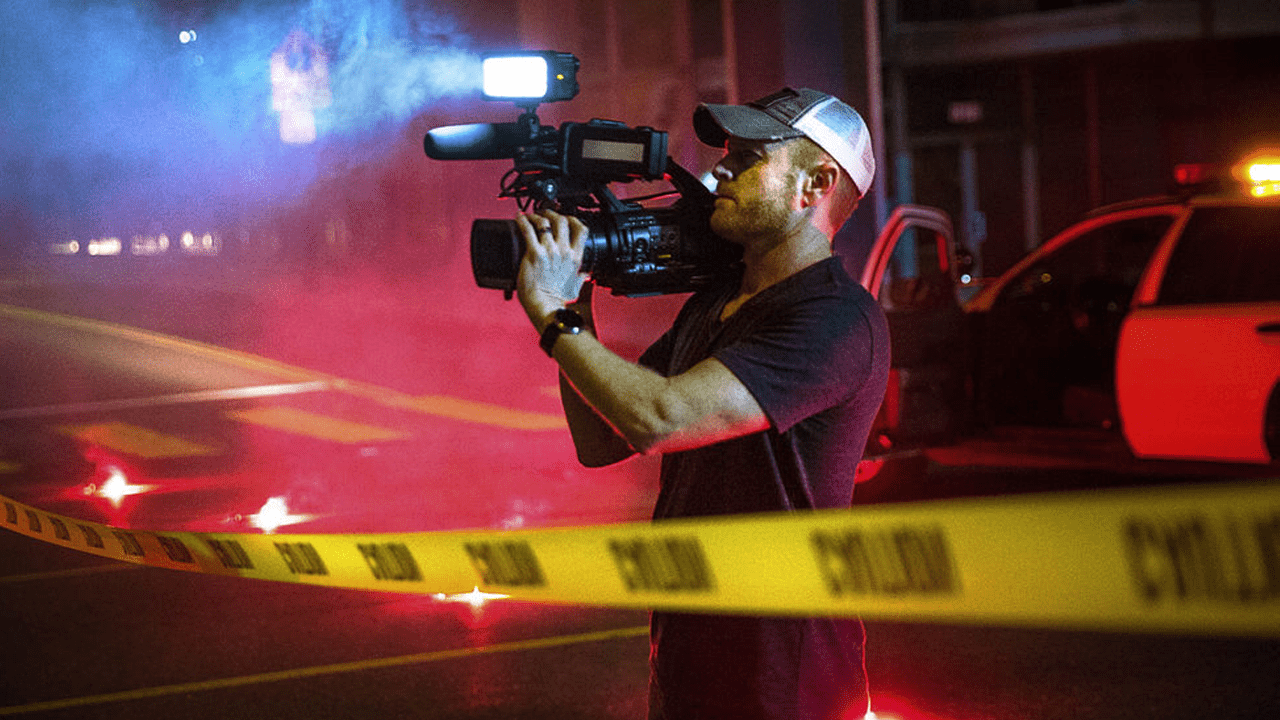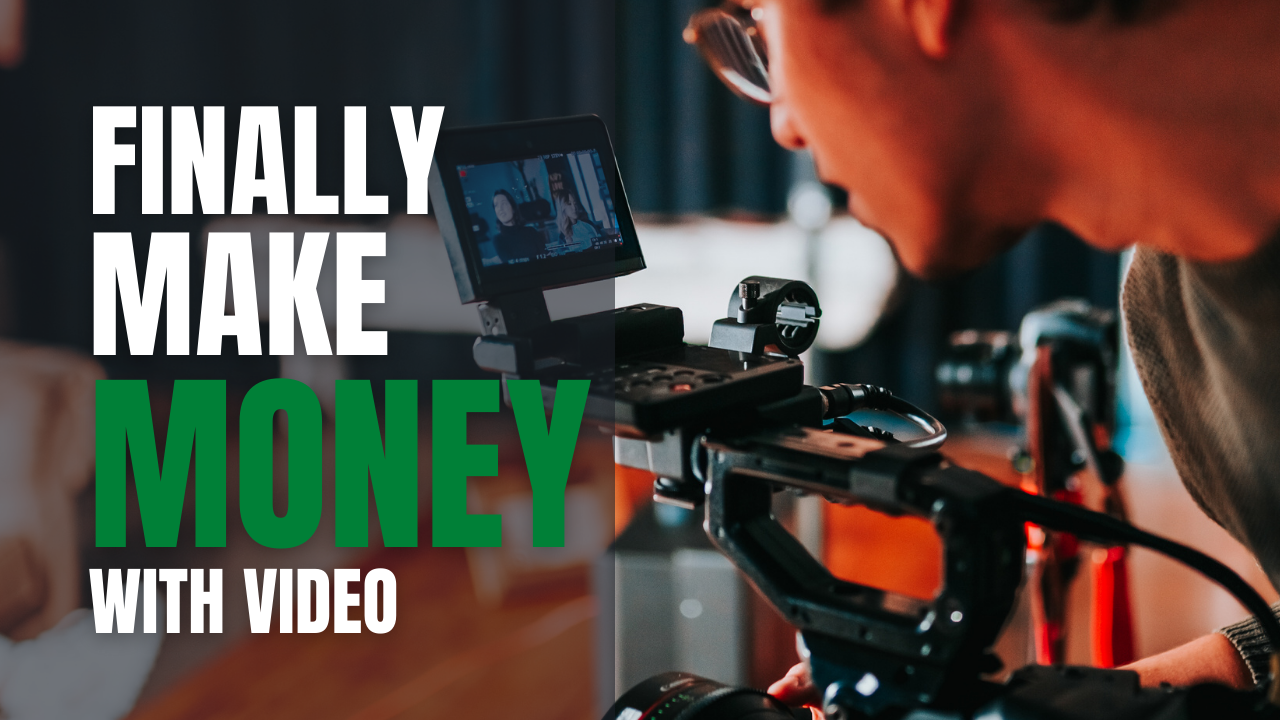Question: I casually came into a conversation during a networking event after a local news director heard I had a camera and was into video. He asked me to be a news stringer and if I wanted to earn extra cash. I didn’t want to embarrass myself and act like I knew what he was talking about. My first question is: What is a news stringer 2. how do I get started and 3. how much is the normal salary?
Answer: In the journalism world, a stringer is a type of freelance journalist, videographer or photographer who contributes reports, video or photos to a news organization on an on-going basis but is paid individually for each piece of published or broadcast work.
As freelancers, stringers do not receive a regular salary and the amount and type of work is typically voluntary. However, stringers often have an ongoing relationship with one or more news organizations, to which they provide content on particular topics or locations when the opportunities arise.
The term is typically confined to news industry jargon, and in print or in broadcast terms, stringers are sometimes referred to as correspondents or contributors. At other times, they may not receive any public recognition for the work they have contributed.
How to become a stringer
First Scout the market. Call your local television stations. Find out from whom they obtain their stringer footage. In some markets, when you have a news worthy story, you’ll have to approach the stations directly. In bigger markets, you’ll be dropping your footage off at an agency that will supply the footage to the stations via a feed.
Step 2 Get yourself a quality ENG electronic news gathering package. However it is possible today to get by with a far less expensive camera – even your smartphone and a few apps. As a stringer you’ll be doing a lot of hand held shooting, so choose a camera that can mount on your shoulder for stability. You want a long lens or one with an extender so you can get good sized images if you’re not allowed to get close. Make sure that your camera can accept external microphone inputs. You’ll need a good quality mic to conduct interviews.
Step 3 Get a non-descriptive vehicle. You don’t want to show up on a crime scene with a flashy car.
Step 4 Since you are strictly working on spec as a freelance shooter, you have to know what sells. As you’re listening to your scanner, here are the stories that are most marketable:
Disasters likes major fires, earthquakes or tornadoes, acts of terrorism, hate crimes, celebrities behaving badly, shootings, murders, violence against family members especially children, police shootings or brutality, rescues of pets or kids, or fatal car accidents.
Don’t bother with routine medical emergencies, minor traffic accidents, natural deaths, overdoses or suicides unless they involve celebrities. As you see you’ve got to have the fortitude to cover people at their worst.
Step 5 Overcome what ever natural resistance you have to get interviews with witnesses. Remember the basics, asking Who, What, When, Where, Why and How. Get your interview subjects to spell their names on camera and give permission to appear. Even if you’ve never written more than an email, get used to the fact that to sell your video, you’ll need a hook that will interest the news directors or producers at your local stations. A story titled “Joy Riding Drunk Teens Cause Death of Family of Four” will grab somebody’s attention more than “Four in fatal accident.”
Step 6 You need to be able to tell a story with your camera and get clear audio. Whether or not you ultimately make a dime for your efforts depends on how good your video is.
Step 7 Finally, make sure that you treat first responders right. You plan to make this a career so don’t alienate them. They have a job to do and will respect your attempt to do yours if you’re friendly but deferential. If by any chance you arrive at a crime scene before the police do, proceed with caution. A lot of people aren’t too keen about being exposed on camera. Be sure to leave the scene with your expensive gear, before the cops depart.
How much do they pay?
It depends on what you get, how early you get it, who else shot it, what else happened that day and want kind of a mood the news producer is in. If you get a plane crash and you are the only one with early shots (plane burning, rescuers pulling out victims), go for a four figure amount. If someone shoots a cop and you are the only one with shots of the cop before EMS takes him away, go for a three figure amount. If you shoot a single fatal MVA, be happy if they offer you $75. If you shoot someone famous in trouble, go for a five to six figure amount. How much they pay all depends.
The average monthly income is- maybe – $75 or Maybe $7,500. Really it depends on how much time you put in, how many people are working in your area, luck and how hungry the news producers are.






